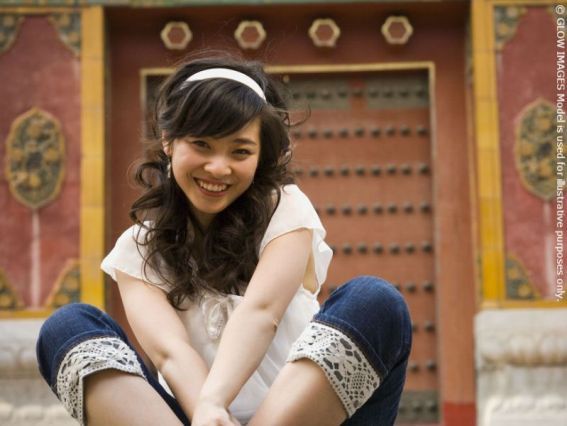
The new Pixar movie, Inside Out has been described by critics as the animation studio's best since their 1995 blockbuster success, Toy Story. This latest film brings to life a rare inside view of the emotional conflicts within a pre-teen's mind.
The main character, Riley, is transplanted with her family from their home in Minnesota to San Francisco. At first, "Joy" is the paramount emotion in Riley's head, squashing out anger, frustration, fear, disgust, and sadness. But soon these other voices take a more prominent role at "command central" and we see how as "characters" in her mind, they play out on her life stage.
As a parent of teens, I took particular interest in this theme, especially since its innovative plot line, which takes place almost entirely within Riley's thought world, is perhaps the first of its kind in animation. Riley's parents encourage her to be strong and happy, but the film (rightfully, according to some child psychologists who've seen it) points out the importance of not ignoring the sad and angry thoughts that a child feels, especially in response to a traumatic or life-altering event, such as moving away from home.
A key aspect of the parenting of my children has been helping them to see how important their relationship is to their divine Parent and that this relationship can provide specific answers and direction for life's challenges.
Recently, I attended a spiritual life conference at Columbia University's Teaching College. One of the keynote speakers, Dr. Lisa Miller, highlighted a study that showed how children who are taught spiritual principles from a young age never lose these concepts when they become adults. This reminded me of the Scriptural wisdom from Proverbs that guides parents to "Train up a child in the way he should go: and when he is old, he will not depart from it."
A study that looked at people who recovered from depression, and who also had spiritual or religious beliefs, concluded that "A high self-report rating of the importance of religion or spirituality may have a protective effect against recurrence of depression, particularly in adults with a history of parental depression."
Inside Out explores the relationship of happiness to home and memories. The problem arises when joy is directly linked to experiences or places, rather than as a permanent part of the child's being.
When our daughter was 15, she went away to another state for a five-week intensive ballet program. She was excited about this adventure and had been looking forward to it for a long time. But not long into the program some of the old familiar emotions of homesickness began to resurface (she'd tried sleep-away summer camp before) and she reached out to me for help. She felt displaced, lonely, and sad and this was threatening to crowd out the joy she felt when she danced. All I wanted was for her to be happy, but it wasn't enough to give her a pep talk and simply say, "No worries, honey, you'll be home in a few short weeks."
I reminded her that now was the perfect opportunity to test some of the spiritual wisdom she'd learned at home and from her study and practice of Christian Science. For instance that God is her divine parent, loving her and standing by her with each step she takes. She had learned that "Father-Mother is the name for Deity, which indicates His tender relationship to His spiritual creation" (Science and Health, p. 332).
I also shared that she truly takes home with her wherever she goes. The comfort, joy, and acceptance she feels at home isn't limited to a physical structure. She agreed to think and pray with these ideas.
Well, it wasn't long before I received a very exuberant text message from my daughter saying what a wonderful time she was having and how she felt a joy and a feeling of belonging she'd never quite felt before, something deep within her. She said for the first time she truly didn't miss home and was looking forward to the rest of her time away.
This was a big step not only in her independence as an adolescent, but in her freedom from feeling that her emotions were at the mercy of physical location, people or experiences. Her spiritual convictions had helped her see that joy was always available. And she's leaned on this experience ever since.
Inside Out makes it clear that there are a lot of mixed emotions children feel, not all of them easily sorted out. As a parent, the movie's message to me was how important my job is to listen to my kids, guide them, acknowledge their feelings, and, above all, honor their spiritual understanding that they can always "come home" to.